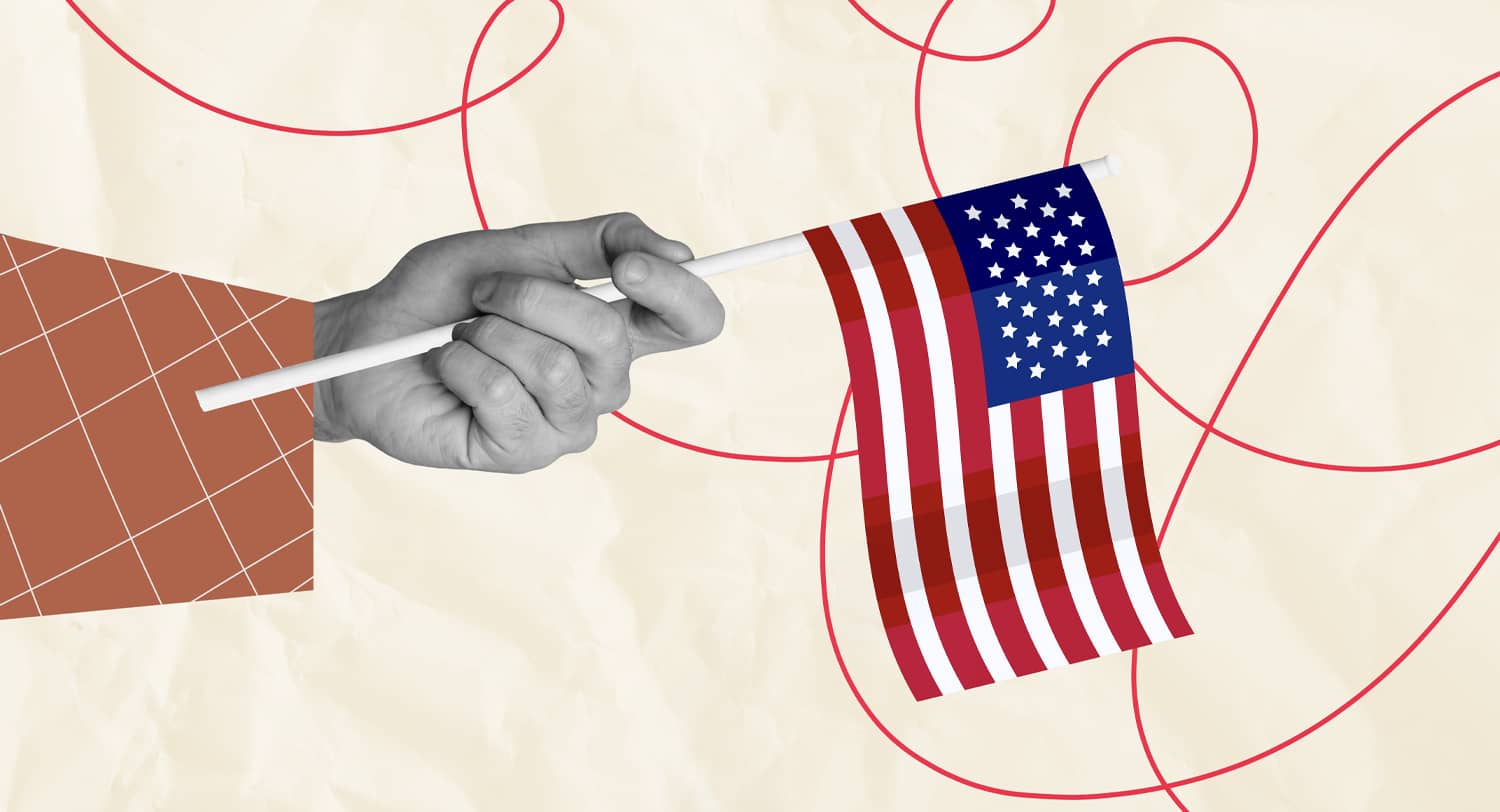Freedom and democracy have declined globally over the last two decades. This is bad for US security and prosperity, because autocracies hostile to the United States find more willing supporters among other autocrats. Furthermore, American companies trying to access markets of less-democratic developing nations face opaque regulatory regimes subject to the whims of unaccountable predatory elites.
China in particular has benefited from the democratic recession. Xi Jinping has found it much easier to hatch port deals with, or place military bases in, countries with institutions too weak to check foreign malign influence. This is convenient to Xi who is exporting autocratic governance practices, surveillance technology, and other tools to create a world safe for autocracy.
The next president should address democracy’s decline in his foreign policy agenda. Democracy overseas contributes to the security and prosperity of the American people and weakens Communist China and its autocratic partner countries, Russia and Iran. We show why advancing democracy in developing countries aligns with an ‘America First’ foreign policy and outline what this would look like in practice.
Supporting Democracy Overseas Benefits the United States at Home
President Trump has consistently and correctly affirmed that US actions overseas must directly benefit American citizens at home. Supporting democracy in developing countries—through diplomacy, investment, and foreign assistance—meets this criterion because the United States and its people are more secure and prosperous with a world that is free and open.
Democracies are less likely to go to war with one another, less prone to enable and export transnational crime or terrorism, and more reliable trading partners. More democracy abroad is good for US businesses. Democracies also adjust much better to adverse economic events and offer better business opportunities. On the other hand, opaque regulations and processes, the hallmark of authoritarian regimes, create severe risks for American investors.
Democracy support strengthens America’s position in the strategic contest against the autocratic bloc of China, Russia, Iran, and North Korea. These authoritarian, revisionist, and expansionist anti-American countries know that they can more easily advance their interests when dealing with weak democracies or autocracies. Robust democratic institutions – transparent judiciaries, capable legislatures, responsive political parties, and a free press – make it harder for the rulers for life in the autocratic bloc to co-opt elites in other countries and advance their malign agendas. It is easier for Xi Xinping to broker deals for Chinese military bases, port access, or other advantages in places devoid of a free press or effective political opposition (see, for example, Djibouti, Cambodia, and Equatorial Guinea).
Incorporating democracy support into an America First foreign policy is a sound proposition proven to deliver results. Two studies, among others, show US support had “clear and consistent impacts” on overall democratization and can help reverse autocratization.
Two Core Pillars
An ‘America First’ foreign policy can incorporate a democracy support agenda centered on two pillars. They align with the “Trump-Reagan” fusion one of us has proposed.
The first pillar would involve advancing what President Ronald Reagan termed the “infrastructure of democracy” in strategically important developing countries. The United States benefits when other countries have this infrastructure – strong judiciaries, electoral systems, political parties and viable opposition movements, legislatures, and free media – because it engenders free markets, open political competition, stability, and resilience to Chinese and Russian malign influence.
To implement this agenda, the next administration should direct its agencies to prioritize using foreign assistance and diplomatic engagement to strengthen the core political and institutional elements of democracy. That said, democracy support should explicitly not be used to promote social agendas favored by some in the West but that remain alien in many parts of the world.
The second pillar would involve making allies more resilient to Chinese, Russian, Iranian, and North Korean interference and cooptation. Fostering the “infrastructure of democracy” alone is not sufficient. The US also needs to expose publicly the authoritarians’ subversive actions; help allies enact policies that make their political systems more resilient to foreign attacks; and expose the “false promise” of China and Russia that their authoritarian development model is superior to the West’s. We have a proven toolkit to do this but need to resource it adequately.
Ambassador Robert O’Brien pointed out in a recent article that the Trump administration would not prioritize democracy over security or cease collaboration with non-democracies. Indeed, the US must work with pro-American less democratic states in order to counter the existential threat represented by Communist China and the hostile actions of Russia, Iran, and North Korea.
By advancing democracy abroad, the Trump White House would use soft-power statecraft tools as part of an overall strategy to make Americans more secure and prosperous, and win the confrontation with China.

